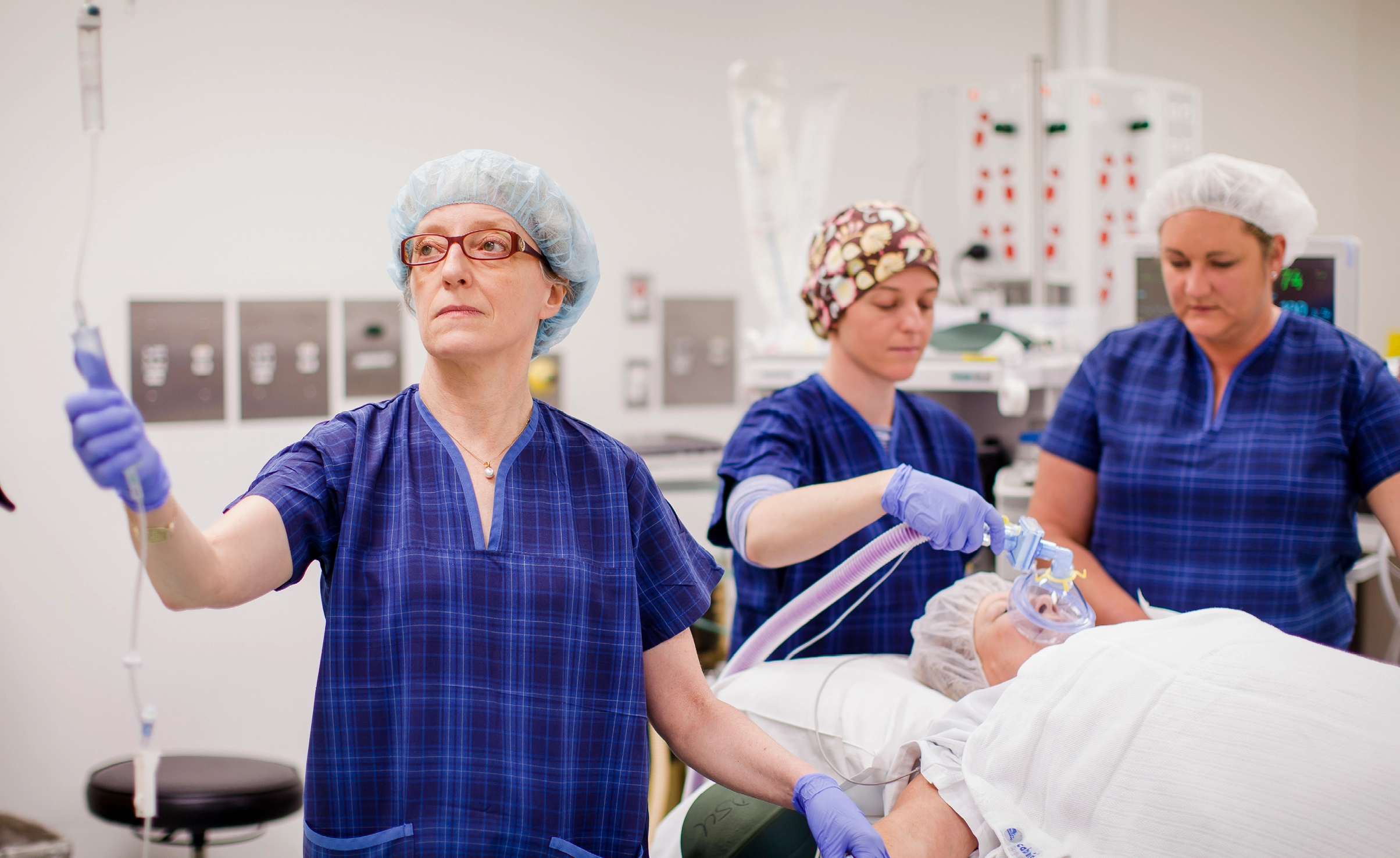Anaesthetists are highly qualified specialist doctors with unique clinical knowledge and skills. They have a major role in the perioperative care of surgical patients and are closely involved in other important fields of medicine such as resuscitation, intensive care medicine, pain medicine, retrieval, disaster response and hyperbaric medicine.
Core anaesthesia practice involves assessing patients thoroughly and applying both physiological and pharmacological knowledge to best care for them through surgery.
Anaesthetists ensure patients are optimally fit for the surgery and plan their overall care before, during and after the procedure, sometimes known as the perioperative period.
Relief from pain is at the centre of the practice of anaesthesia. The scope of practice for an anaesthetist includes general anaesthesia, sedation and regional anaesthesia; perioperative assessment and management; airway management; postoperative care; and resuscitation, transport and life support for patients in emergency and trauma situations.
In addition to working in the operating theatre and post-anaesthesia care units, they also work in many practice settings including public and private hospitals in large metropolitan centres and in regional and rural areas. They work in pre-admission clinics, retrieval services, intensive care units and pain services.
In this video Professor David A Scott, Specialist Anaesthetist at St Vincent's Hospital, Melbourne (and a former ANZCA President) explains what an anaesthetist does; how anaesthesia works; and the pain management options available to patients preparing for surgery.

